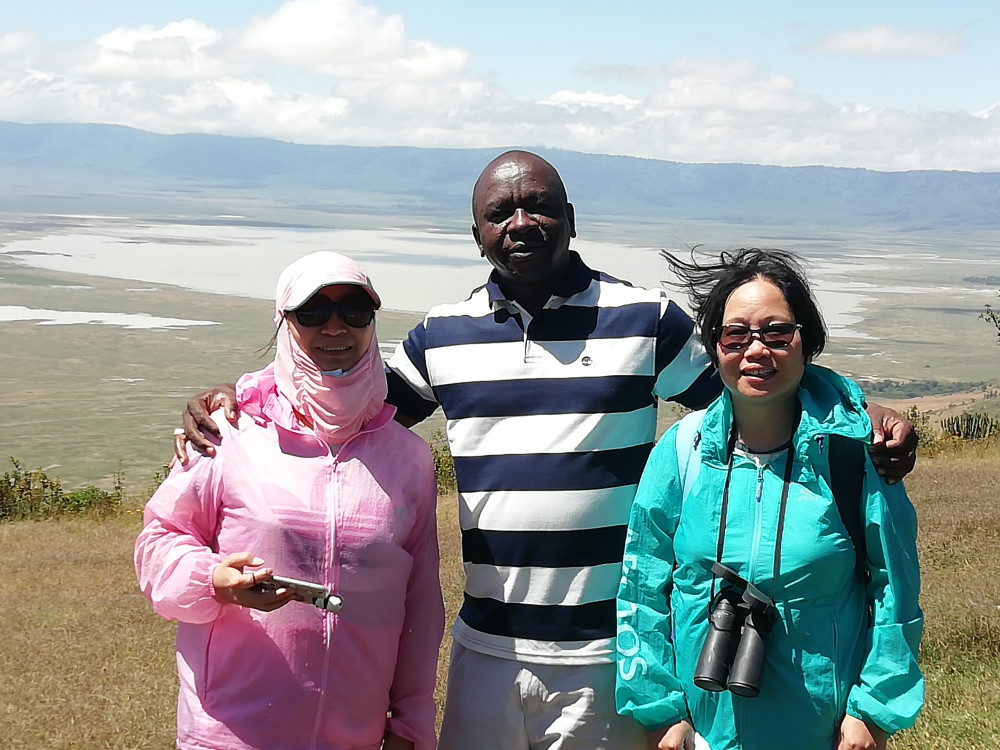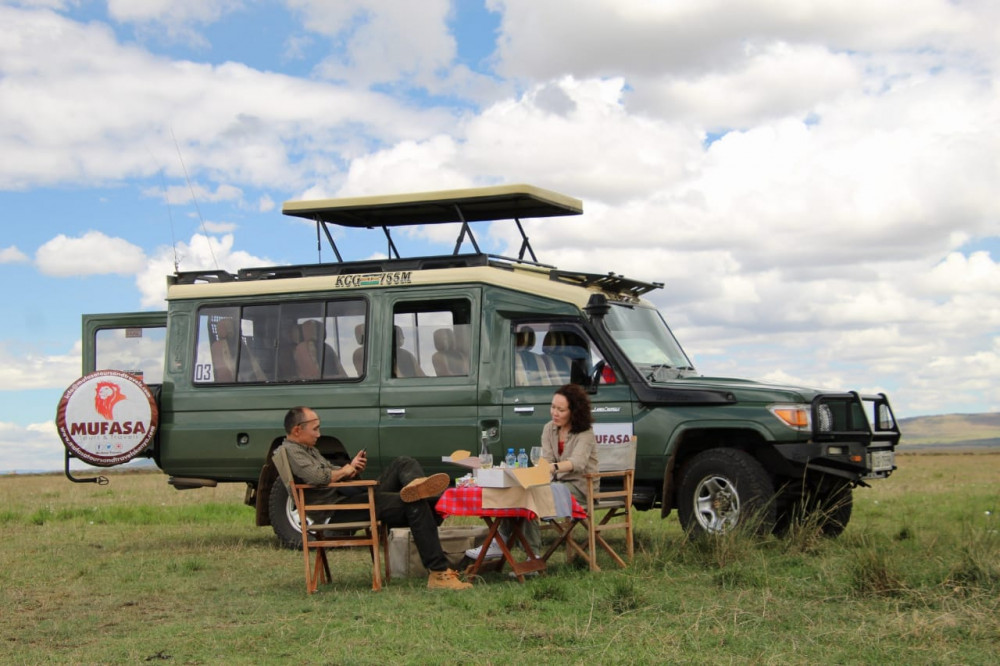Handy Facts For Selecting Devil666 Websites
What Transportation Arrangements Do I Need To Know When Holidaying In Mombasa, Kenya?If you are planning a trip to Mombasa, Kenya, understanding the various transportation options is vital for a smooth and enjoyable journey. Here are a few important considerations for your Mombasa, Kenya holiday.
1. How to reach Mombasa
Moi International Airport (MBA), the main airport for Mombasa is located in Moi. It is a hub for international as well as domestic flights. Mombasa has numerous flights departing from and to major airlines.
By Train By Train Madaraka, operated Kenya Railways offers a modern railway service that is easy to travel between Nairobi Kenya, Nairobi, as well as Mombasa.
By Bus: Several bus companies, like Modern Coast and Coast Bus provide routes between Mombasa and other cities in Kenya.
2. Local Transportation in Mombasa
Taxis and ride-hailing service are available in abundance. Uber and Bolt are two ride-hailing companies which operate in Mombasa. They offer convenient ways to travel around.
The three-wheeled vehicle is an affordable and convenient way to get through the city. These vehicles are ideal for trips of a short distance.
Matatus: These are shared minibuses which follow specific routes and are the most frequent form of public transport. The bus is affordable, however they are packed, and less comfortable.
Boda-bodas taxis for motorcycles are accessible for fast and simple travel, especially for shorter distances and areas with heavy traffic.
3. Car Rentals
You can rent a car from the airport or within the city. International and local car rental companies provide a wide selection of automobiles. Be aware of local driving regulations and traffic regulations.
Chauffeur Services : For people who aren't keen on driving their own car or lease an automobile with a chauffeur.
4. Ferry Services
Likoni ferry The ferry connects Mombasa island with the southern region of the city on the mainland. The ferry is necessary to get access to the southern beaches. It is completely free for pedestrians. Vehicles will be assessed a fee.
5. Excursions Day Trips
Tour Operators. Many tour operators offer guided tours such as the Mombasa Marine National Park Fort Jesus and the nearby beach resorts such as Diani, Nyali, and Fort Jesus. The tours usually include transportation.
Public transportation: For self-employed travelers, matatus or Tuktuks are fantastic options to travel to attractions.
6. Cycling and walking
Bicycle Rentals: Some locations, particularly along coast, have bicycle rentals to enjoy a leisurely ride.
Walking is feasible in certain areas of Mombasa. This includes the Old Town, the Beach Areas, and the Old Town.
7. Tips for travelers
Safety: Do not use public transport at late at night. Use taxis only and reputable taxi services. Be aware of your personal belongings.
Negotiation is required to get taxis and Tuk-Tuks. Since meters aren't widespread, you'll have to negotiate before your trip.
Traffic: Expect heavy traffic, especially around Likoni Ferry or central business district.
You'll be able to enjoy a relaxing and stress-free trip to Mombasa If you are aware of the various options for transport and make necessary arrangements. View the top rated mombasa safari tours for site recommendations including kenya beach and safari holiday, kenya beach mombasa, afri safari, safari a nairobi, tour agents in kenya, tours and safaris in kenya, african safari kenya, africa in kenya, kenya safari and beach, african safari packages and more.

What Should I Know About The Weather In Mombasa While I Am On Vacation?
It is important to understand the weather patterns in Mombasa prior to packing your bags and enjoy your time off. Here are the main aspects of the weather.
1. Climate Overview
Tropical Climate: Mombasa has a tropical climate that is hot and humid all year. Expect warm temperatures ranging between 24degC and 32degC.
2. Seasons
Hot and humid season (November to April) In this time the temperature is high and humidity high. It's also a busy tourist period, especially during December and January.
Long Rains (April through June) The rainy season is characterized by heavy rainfall and occasional thunderstorms. The roads can be rough and muddy, making it difficult to drive on. This is the low season for tourism.
Cooler Season (June through October) The coolest season is the most comfortable time to travel, due to less humidity and lower temperatures. It is a pleasant weather, perfect for outdoor pursuits.
Short Rains (October-November) The period is characterized by shorter, less intense rain showers. The rains are usually only a few minutes, later, sunshine follows.
3. Tips for packing
Wear lightweight, breathable clothes like linen or cotton to stay cool in hot weather.
Rain Gear - If you're traveling during rainy season be sure to pack a waterproof jacket, a rainproof coating, a raincoat, as well as footwear that is waterproof.
Sun Protection: A sunscreen with a high-SPF glasses with wide brims, wide-brimmed caps, light clothing, and covering your skin with light clothing can protect against strong sunrays.
Wear your swimwear and bring your swimwear to go to the beach or hotel pools.
4. Weather Specific Activities
Beach Time: The best time to enjoy the beach is during cooler months (June-October), when the weather and conditions are pleasant.
Water Sports: The cool and clear water from November through February is great for swimming, diving, snorkeling and other water sports.
Wildlife Viewing - The cooler months (June to October) are ideal for safaris or excursions into the wilderness, as it's more relaxing.
5. Health Concerns
Hydration: The hot and humid climate requires you to drink plenty of water. Drink plenty of water when you intend to spend time outdoors.
Health-related illnesses that are related to heat: Be aware of the dangers of heat exhaustion and heatstroke. Wear loose fitting clothing and avoid strenuous physical activities during the peak heat.
6. Adjustments to Travel
Rainy Season Travel: Be ready to deal with delays in travel and disruptions if you go to during the rainy season. There may be restrictions on travel and road closures regarding outdoor activities.
Tropical rains may cause delays to flights. Stay informed about your travel schedule and have contingency plans.
7. Environmental Concerns
Natural Hazards: Be aware of the potential for flooding during heavy rains. Be aware about local weather forecasts and follow safety tips.
Tide Awareness: Be aware that tides may vary drastically when making plans for beach activities. Be sure to check the tide schedule for your locale before swimming or beachcombing.
By knowing what to expect from the weather in Mombasa, you can better organize and plan your trip. Pack securely, and enjoy a pleasant trip. Take a look at the top park funzi for website examples including mombasa tour companies, mombasa beach kenya, african safari kenya, tours and safaris in kenya, kenya tours, kenya safari beach, tour firms in kenya, kenya tourism, kenya safari beach, cheap kenya safari packages and more.

What Environmental Responsibilities Should I Be Aware Of When I Am On My Holiday In Mombasa Kenya?
To safeguard the beauty and diversity of Mombasa in Kenya It is essential to be eco-conscious. Here are some key environmental obligations to be aware of:
1. Sustainable Accommodation
Eco-Friendly Hotels: Choose accommodation that is sustainable. Find eco-labels or certifications such as Eco-Tourism Kenya.
Participate to hotel initiatives for conservation of energy and water. Reuse your towels and linens. When not in need, turn off lighting and air cooling.
2. Responsible Wildlife Viewing
Be respectful of wildlife. Be careful not to disturb animals by ensuring your space secure and them. Please follow the directions provided by your tour guide.
Beware of feeding wild animals. Feeding wildlife can alter their eating habits and behaviors.
Leave No trace. Don't litter parks or wildlife reserves. Bring all your garbage to the curb and dispose of it in a safe manner.
3. Plastic Reduction
Avoid plastics that are single-use. Keep a water bottle in your bag or bag that is reusable, as well as the utensils.
Encourage local initiatives. Participate in beach clean-ups at your local beaches or organizations that work to reduce plastic contamination.
4. Water Conservation
Mombasa is suffering from water shortage. Shut off the faucets and take a shorter shower.
Eco-Friendly products: Use organic or biodegradable toiletries to reduce the impact on water.
5. Energy Conservation
Reduce energy use: unplug electronic equipment when it is not being used and reduce the use of air conditioners.
Encourage Renewable Energy Select accommodation and tour operators that use renewable energy.
6. Sustainable Transportation
Public Transport: When possible make use of public transportation such as matatus or buses to decrease the carbon footprint of your feet.
Consider using bicycles to travel short distances. Certain areas offer eco-friendly Tuk-tuks.
7. In support of local economy
Support local businesses: Contribute to local businesses by buying food items, souvenirs, and crafts from local vendors.
Fair Trade: Select items that are certified as fair trade in order to ensure that local producers are compensated fairly.
8. Environmental Education
Learn and Share: Educate yourself about the local environment and conservation efforts. Do share what you've learned in order to increase awareness.
Respect Local Cultures. Respect and understand local customs and practices in connection with the protection of natural resources.
9. Marine Conservation
To ensure that you're doing snorkeling and diving responsibly be sure to avoid touching coral reefs, or even stepping onto them. Be sure to safeguard marine life using sunscreens that are safe for reefs.
Don't dispose of waste in the ocean. Join or help in marine conservation programs.
10. Ethical Souvenirs
Beware of products that contain wildlife: Do NOT buy products made of endangered species like ivory or tortoiseshell.
Sustainable Materials - Purchase products made from recycled or recyclable materials.
11. Take part in conservation activities
Think about volunteering in tourism for the community or conservation projects.
Donate to local NGO's. Donate to local NGOs, and organizations dedicated to protecting the environmental.
12. Responsible Travel practices
Travel in small group sizes to reduce the environmental impact.
Eco-Tours: Pick tour companies who follow green practices and have a commitment to sustainability.
When you keep these environmental obligations in mind, it is possible to make a contribution to the protection and beauty of Mombasa and the biodiversity of this region for the next generations. Check out the best Diani Beach taxi for website advice including safari excursions, africa tours, trips to kenya safari, mombasa packages, afri safari, kenya tours, africa in kenya, africa safaris and tours, tours safari africa, safari trips in africa and more.
